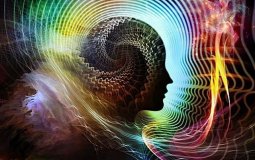Dive into the rich meanings of 'atma'—from breath to soul—in various Indian philosophies and uncover its role in consciousness and divine connection.
Discover how Jamu and Jodha mastered their minds through perseverance, achieving their heart's desires under Guru Arjan's guidance. Learn more!
Explore the concept of Sraddha as faith across various religious texts, underscoring its role in spiritual growth and devotion in Hinduism, Jainism, and Buddhism.



